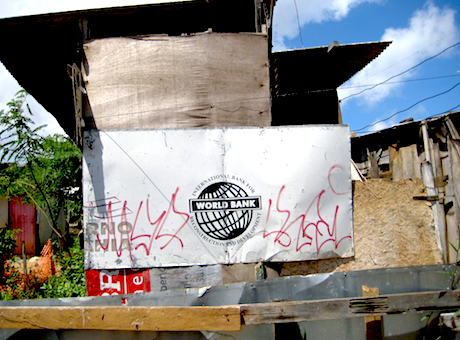DPU Working Paper - No. 154
Institutional ignorance in an urbanising world

11 August 2013
Author: Rubbina Karruna
Publication Date: August 2013
ISSN 1474-3280
The role of land and housing markets in the social provision of shelter is a crucial factor affecting economic development. Yet the institutional factors that shape land and housing market dynamics are often ignored in dominant economic theories. Over the past few decades, however, the New Institutional Economics (NIE) has been increasingly influential in World Bank and IMF policy making.
This article explores whether institutional economic theory does in fact improve our practical understanding of the social and political dimensions of housing and land provision for the poor. Through a case study of an informal squatter settlement in Escada in the Brazilian city of Salvador da Bahia, the NIE approach is employed to understand the institutional relations and conflicts between both formal and informal institutions.
The paper concludes by setting out the relative strengths and weaknesses of the NIE approach in understanding the complex, real world dynamics of urban economic development today.
 Close
Close

